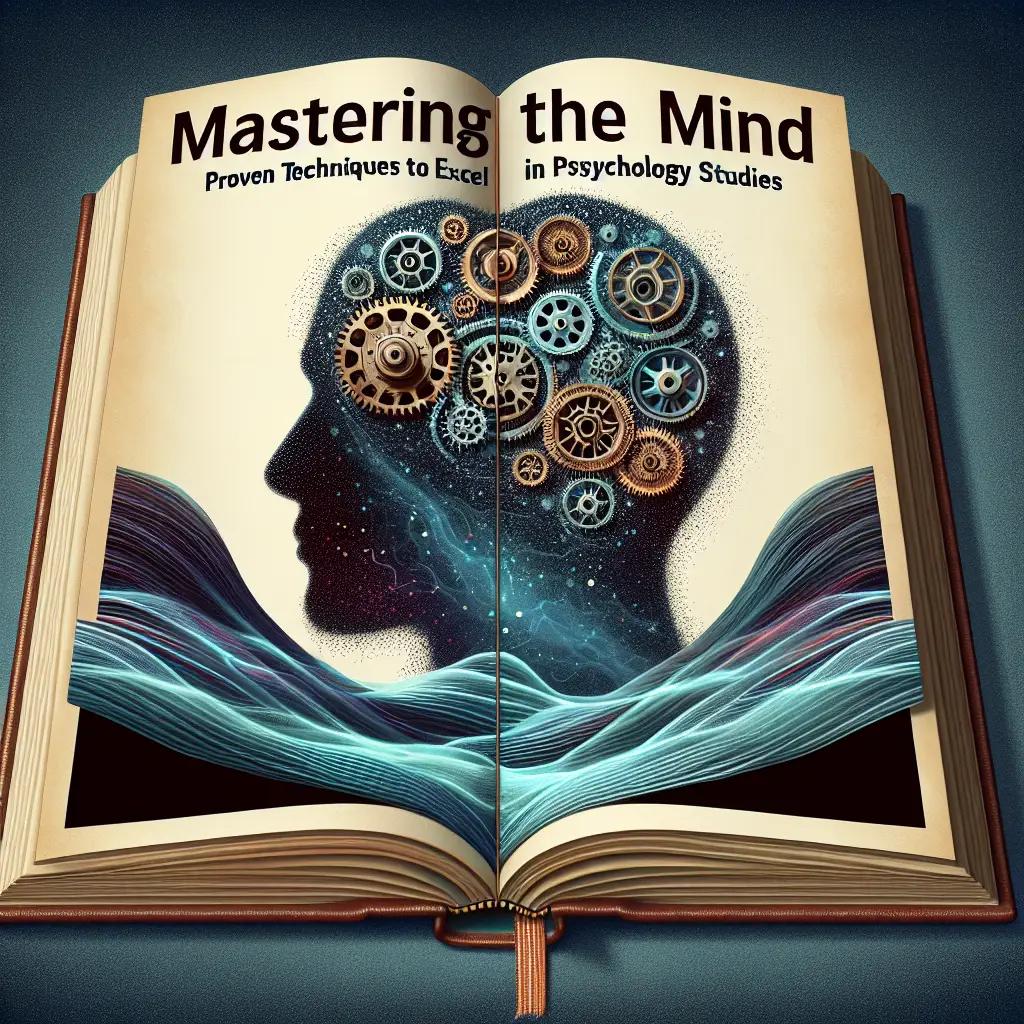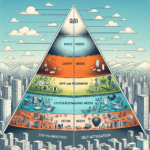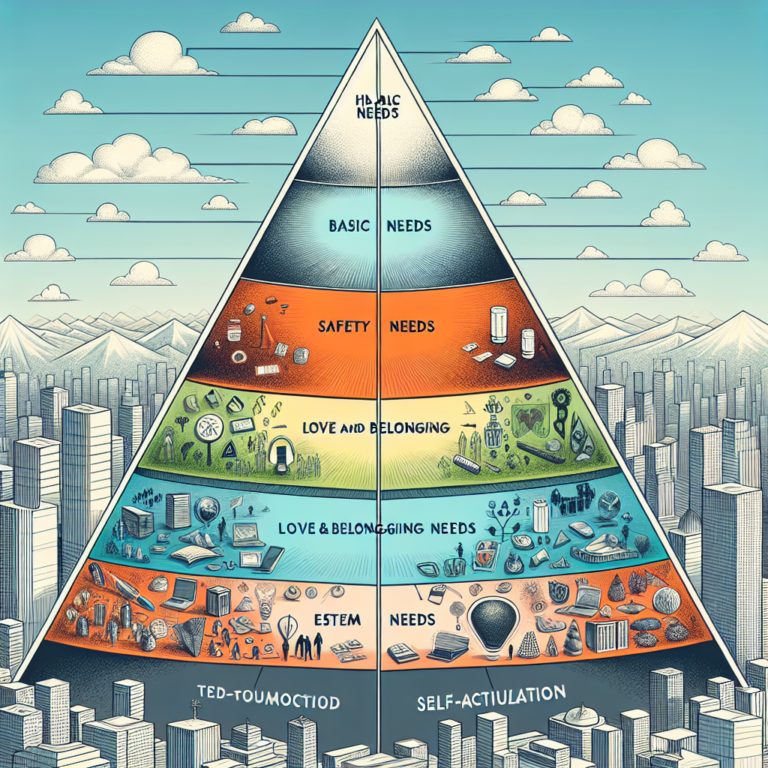
Mastering the Mind: Proven Techniques to Excel in Psychology Studies
Introduction
In a world increasingly defined by mental health awareness and psychological understanding, mastering the intricacies of the mind has never been more relevant. For students of psychology, the challenge isn’t merely to grasp complex theories but to apply them effectively in both academic and real-world scenarios. "Mastering the Mind: Proven Techniques to Excel in Psychology Studies" serves not only as a guiding principle but as your roadmap to navigating the labyrinth of psychological concepts with confidence and clarity.
What makes psychology particularly fascinating is its ability to influence both individual and societal behaviors, making it a field ripe for exploration and innovation. Whether you’re delving into cognitive processes, emotional intelligence, or behavioral theories, mastering the mind is essential to excelling in your studies. This article will unfold essential techniques, backed by case studies, data, and actionable insights that will transform your approach to psychology studies, enhancing your comprehension and retention of complex material.
Understanding the Fundamentals of Psychology
The Importance of a Strong Foundation
Before we dive into advanced techniques, it is crucial to work from a solid foundation of psychological principles. Understanding psychological theories, experimental methodologies, and basic terminologies is vital for success in your studies.
Familiarize Yourself with Key Concepts: Use flashcards or mind maps to memorize theories like Maslow’s Hierarchy of Needs, Pavlov’s Conditioning, or Freud’s Psychoanalysis.
- Connect Theory to Practice: Engage with real-life applications. For instance, observe behavioral changes in yourself or your peers and try to relate them to the psychological theories you’ve learned.
Case Study: The Impact of Foundational Knowledge
Consider the case of Lisa, a psychology student who struggled with her courses initially. By focusing on underlying principles rather than surface-level memorization, Lisa improved her grades significantly. She employed mind maps, linking concepts together, which illuminated their interconnections and deepened her understanding.
| Technique | Application | Result |
|---|---|---|
| Mind Mapping | Linked concepts visually to uncover relationships | Better retention |
| Flashcards | Memorization of key terms and theories | Improved grades |
Proven Techniques to Enhance Learning
Active Learning Strategies
Active engagement with the material can drastically improve your retention rates. Here are some techniques that can serve you well:
Group Discussions: Form study groups where you can debate theories, discuss applications, and explain concepts to each other. This interactive exchange reinforces knowledge and breaks down complex ideas into digestible parts.
- Practical Applications: Engage in role-playing exercises to demonstrate psychological concepts in action. For example, simulate a therapy session to better understand client-therapist dynamics.
Case Study: The Power of Group Learning
Research has shown that students who actively engage in group discussions score higher on exams compared to those who study alone. A study involving 200 students revealed that those participating in peer-led study groups had an average score improvement of 15 percentage points compared to their individual study counterparts.
| Learning Format | Average Score Improvement |
|---|---|
| Individual Study | 70% |
| Group Study | 85% |
Utilizing Psychological Tools and Resources
Effective Study Techniques
When mastering the mind, employing psychological tools can provide a significant advantage. Here are a few time-tested resources:
Online Courses and Webinars: Platforms like Coursera and edX offer courses from leading universities that can supplement traditional learning and provide new and diverse perspectives.
- Apps for Mindfulness and Focus: Tools like Headspace and Focus@Will can enhance concentration by minimizing distractions and fostering a calm mind conducive to learning.
Case Study: Enhancing Focus
Take the case of Sam, who incorporated the use of Focus@Will into his study routine. Prior to its use, he struggled with procrastination and distractions. By creating a structured study environment and utilizing music specifically designed for concentration, he noticed a 30% increase in productivity.
| Resource | Productivity Increase |
|---|---|
| Focus@Will | 30% |
| Traditional Study Methods | 10-20% |
Mastering Effective Time Management
The Pomodoro Technique
Time management is crucial in mastering the mind. A popular method is the Pomodoro Technique, which encourages focused work sessions followed by short breaks. This technique reduces burnout and maintains motivation.
- Structure Your Study Sessions: Work for 25 minutes, then take a 5-minute break. After four cycles, take a longer break of 15-30 minutes.
Case Study: Time Management Success
Jennifer, a busy psychology student, implemented the Pomodoro Technique during finals. She found that by reducing her study blocks into manageable segments, she retained information better and felt less overwhelmed, ultimately achieving her highest grades to date.
| Technique | Effect on Study Efficiency |
|---|---|
| Pomodoro Technique | 30% increase in focus |
Employing Self-Regulation Techniques
Emotional and Cognitive Control
Mastering your mind also involves learning to regulate your emotions and thoughts. Techniques such as mindfulness meditation can enhance self-awareness and control.
- Mindfulness Practice: Set aside time daily for mindfulness exercises to acknowledge and regulate your thoughts and emotions. This enhances motivation and concentration, vital for excelling in your studies.
Case Study: Mindfulness and Academic Performance
In a study involving college students, those whom engaged in daily mindfulness exercises demonstrated a 40% reduction in anxiety levels and a correlation with higher academic performance. The therapeutic effects of mindfulness practices fostered a robust learning environment.
| Practice | Impact on Anxiety |
|---|---|
| Mindfulness | 40% reduction |
Conclusion
Mastering the mind is not merely about applying techniques; it encompasses a holistic approach to engaging with the subject matter, enhancing personal resilience, and developing critical thinking skills. By integrating proven techniques into your psychology studies—be it active learning strategies, time management systems, or cultivating emotional intelligence—you can not only excel academically but also enrich your appreciation for the profound complexities of human behavior.
As you embark on your journey in the realm of psychology, remember the importance of self-awareness, resilience, and active engagement. The mind is a remarkable entity—one that, when understood and harnessed effectively, can lead to profound insights and personal growth.
FAQs Section
1. What are effective strategies for studying psychology?
Focus on active learning techniques, such as group discussions, practical applications, and utilizing psychological tools like flashcards and online resources. Additionally, manage your time effectively with methods like the Pomodoro Technique.
2. How can I improve my retention of complex psychological theories?
Utilize mind mapping to connect ideas visually, conduct group studies for discussion, and relate theories to real-world applications. The more you engage with the material, the better your retention.
3. Is mindfulness beneficial for psychology students?
Yes, mindfulness can help reduce anxiety, enhance focus, and improve emotional regulation. Regular practice can lead to higher academic performance and a better understanding of psychological principles.
4. How do study groups enhance learning in psychology?
Study groups promote collaboration, allowing students to engage in discussions, clarify doubts, and explain concepts to one another, which significantly boosts retention and understanding.
5. What role does time management play in excelling in psychology studies?
Effective time management techniques, such as scheduling study blocks and using the Pomodoro Technique, help prevent burnout, maintain focus, and improve overall productivity in studying.
By utilizing these masterful techniques, you’re not just preparing to excel in your psychology studies; you’re setting the foundation for deeper understanding and future success in the field. Remember: mastering the mind is a journey worth undertaking. May your pursuit of knowledge be both enlightening and successful!

















